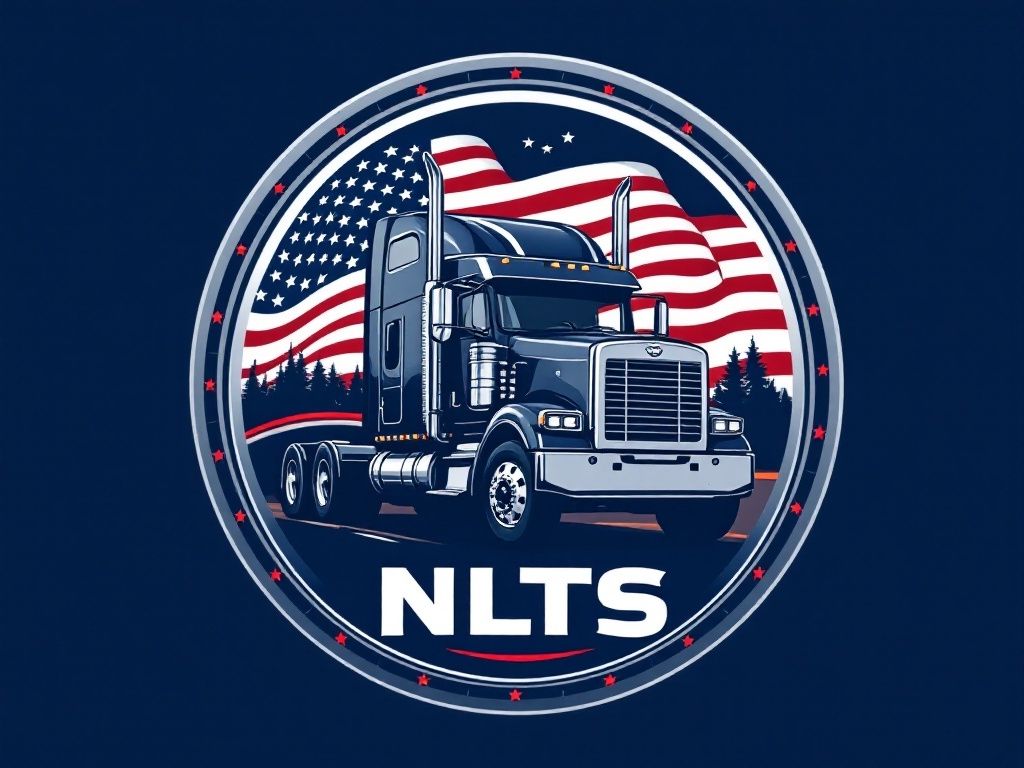Preparing Your Trucking Business for Seasonal Changes in the Southeast
Understanding Seasonal Challenges in the Southeast
The southeastern United States is known for its diverse climate, which can pose unique challenges for trucking businesses. From hot, humid summers to mild winters peppered with unexpected cold snaps, preparing your fleet for these seasonal changes is essential. This region experiences heavy rainfall during certain months, making road conditions unpredictable and potentially hazardous.
Given these conditions, it's crucial for trucking companies to adopt proactive strategies to ensure the safety and efficiency of their operations throughout the year. By understanding the specific weather patterns and how they impact logistics, businesses can better prepare and adapt.

Preparing for Hot and Humid Summers
Summers in the Southeast can be particularly hot and humid, putting a strain on both vehicles and drivers. High temperatures can lead to engine overheating, tire blowouts, and increased wear on parts. To combat these issues, regular maintenance checks are vital.
Ensure that all vehicles are equipped with fully functional air conditioning systems to keep drivers comfortable. It's also important to monitor tire pressure frequently, as heat can cause tires to expand and potentially fail. Investing in high-quality coolant and regularly checking the cooling system can prevent engine overheating.
Adapting to Rainy Seasons
The southeastern U.S. experiences significant rainfall, especially during hurricane season. Wet roads can increase the risk of accidents, so it's important for trucking businesses to adapt accordingly. Ensure that all vehicles have good tire tread for better grip on slippery surfaces and that windshield wipers are in excellent condition for optimal visibility.
Training drivers on how to navigate through heavy rain and flooded areas is also crucial. Implementing real-time GPS tracking can help reroute trucks away from hazardous weather conditions, ensuring timely and safe deliveries.

Bracing for Cold Snaps
Though winters in the Southeast are generally mild, sudden cold snaps can occur. These unexpected temperature drops can affect vehicle performance, particularly batteries and fuel systems. Trucking companies should prepare by checking battery health and ensuring proper antifreeze levels.
Consider providing drivers with emergency kits that include essentials like blankets, food, water, and a first-aid kit. This preparation ensures safety in case drivers find themselves stranded due to sudden weather changes.
Implementing Flexible Schedules
One of the most effective ways to manage the impact of seasonal changes is by implementing flexible scheduling. By analyzing weather forecasts and adjusting delivery times accordingly, trucking businesses can avoid the worst of the weather and ensure timely deliveries.
Additionally, maintaining open communication with clients about potential delays due to weather conditions helps manage expectations and maintain strong business relationships.

Investing in Driver Training
The success of any trucking business heavily relies on its drivers' skills and expertise. Investing in ongoing driver training programs that focus on handling adverse weather conditions is essential. This training not only enhances safety but also boosts driver confidence when faced with challenging situations.
Topics such as defensive driving techniques, emergency response strategies, and efficient route planning can be covered in these programs to prepare drivers for all types of weather-related scenarios.
Leveraging Technology
Technology plays a pivotal role in adapting to seasonal changes. Implementing telematics systems allows businesses to monitor vehicle performance in real-time, ensuring that maintenance needs are addressed promptly. Weather apps and GPS systems can provide up-to-date information on road conditions and potential hazards.
Utilizing these technological tools enhances operational efficiency and ensures that your fleet is prepared for any weather-related challenges it may face.
Conclusion
Preparing your trucking business for seasonal changes in the Southeast requires a comprehensive approach, encompassing maintenance, driver training, scheduling flexibility, and technology integration. By taking proactive steps to address the unique challenges posed by the region's climate, you can ensure the safety of your drivers, protect your fleet, and maintain reliable service for your clients year-round.
